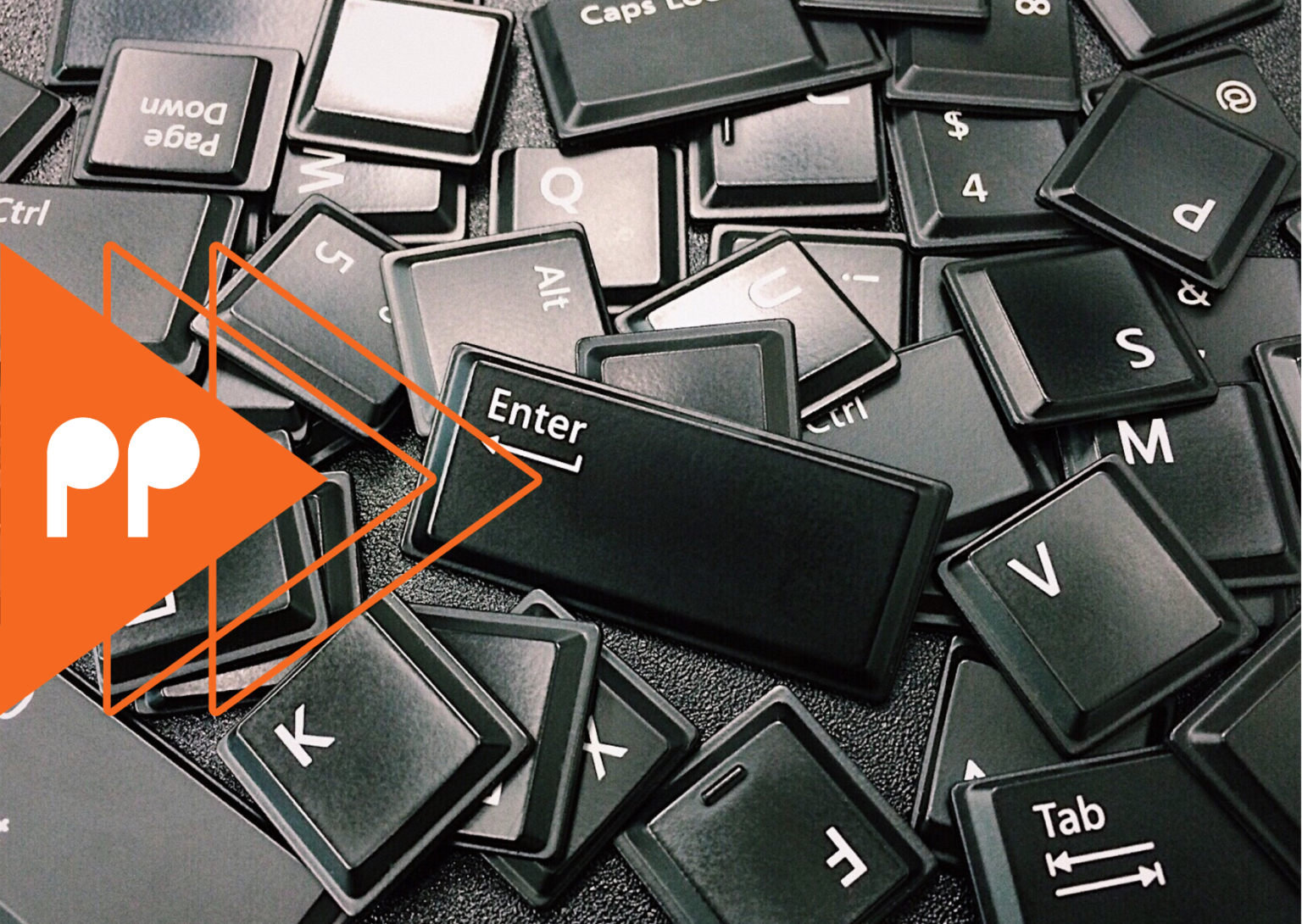In today’s digitally driven political environment, political trolling has evolved far beyond its humble origins in the 1990s. Even compared to 2016, the year which The New Yorker crowned as ‘The Year of the Political Troll,’ the online media landscape has witnessed a significant transformation.
From snarky, weird, but harmless individuals, trolls have morphed into organised, institutionalised groups, becoming potent tools in the hands of governments, political actors and organisations. These groups and networks employ a range of tactics to disrupt public discourse, meddle in democratic processes, propagate hate speech, and influence election outcomes. As political communicators, how can we avoid falling into their traps?

